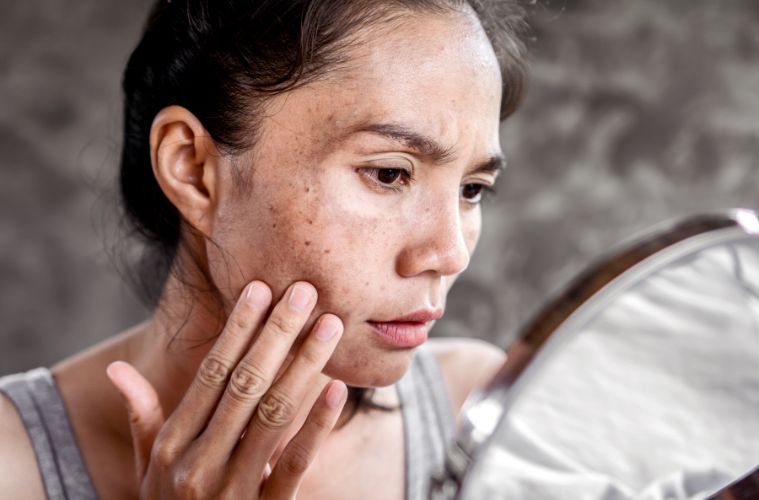Most people think of aging as something tied to diet, genetics, or how often they wear sunscreen. But in today’s tech-saturated world, one silent culprit is always within reach—literally.
Your smartphone may be accelerating the aging process in ways you don’t even notice. From how it affects your posture and skin to your stress levels and sleep quality, the impact of excessive screen time reaches far beyond digital fatigue.
And while smartphones are essential tools for modern life, understanding their hidden effects on your body and mind is the first step toward smarter, healthier use.
Tech Neck and Physical Strain

One of the most visible consequences of prolonged phone use is something called “tech neck.” Constantly looking down at your phone compresses the spine and puts strain on the neck and shoulders. Over time, this not only leads to chronic pain but also premature wrinkling and skin laxity along the jawline and neck areas that naturally lose elasticity with age.
This forward-leaning posture also affects circulation and energy, contributing to a feeling of sluggishness that mimics fatigue, even when you’re well-rested.
Blue Light and Skin Damage

Smartphone screens emit high-energy visible (HEV) blue light, which penetrates the skin more deeply than UVB rays. While it’s less likely to cause sunburn, studies suggest that blue light exposure may accelerate the breakdown of collagen and elastin, proteins responsible for skin firmness and smoothness.
This means that frequent, prolonged exposure (especially at night) may contribute to hyperpigmentation, dullness, and fine lines—even if you’re religious about sunscreen.
Sleep Disruption and Hormonal Imbalance

Smartphones affect more than just skin. They also interfere with your body’s internal clock. Blue light suppresses melatonin production, the hormone responsible for regulating sleep. Poor sleep doesn’t just leave you tired; it impairs cell repair, increases cortisol (stress hormone), and disrupts natural anti-aging processes.
Over time, this sleep disruption can reflect in both your skin and cognitive function, accelerating signs of aging inside and out.
Mental Burnout and Cortisol Spikes

Chronic digital exposure keeps the brain in a reactive state. Constant alerts, information overload, and app switching increase mental fatigue and cortisol levels, both of which are linked to premature aging.
High cortisol not only weakens your immune system and digestion but also breaks down skin proteins, delays healing, and triggers inflammation. The more stressed your body is, the faster it shows up in your appearance, from breakouts and puffiness to uneven tone and skin thinning.
Final Thoughts
Your smartphone isn’t the enemy. But how you interact with it matters more than most people realise.
From posture and skin health to hormonal balance and stress levels, excessive phone use can quietly accelerate physical and cognitive aging. Setting screen boundaries, using blue light filters, protecting your skin, and prioritising offline time aren’t just wellness habits—they’re part of modern anti-aging strategy.
The solution isn’t disconnection. It’s an intentional connection with your body, your habits, and the long-term effects of the tools you use every day.


